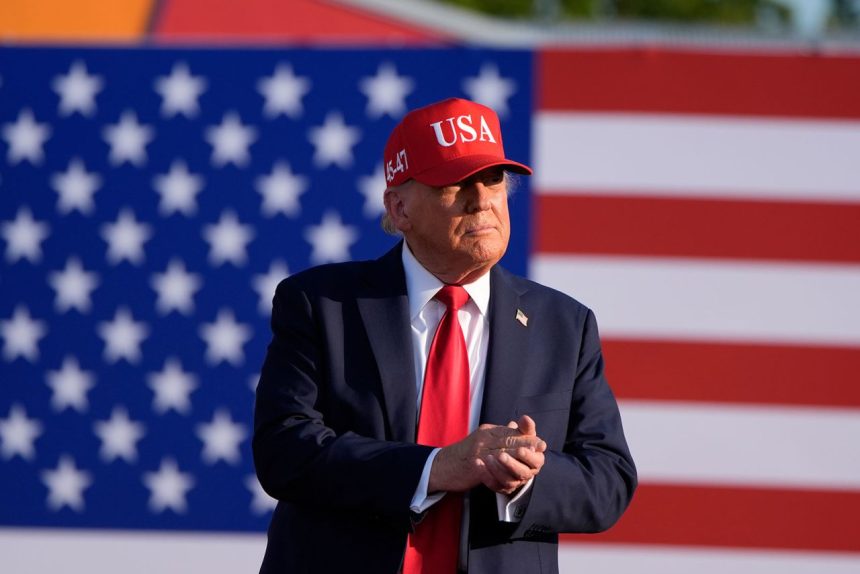The US House of Representatives has approved President Donald Trump’s massive domestic policy bill today in a 218-214 vote, sending it to his desk for his signature.
The package, passed by the Senate in a marathon session earlier this week, includes tax cuts and funding boosts for the Pentagon and border security. It also includes more contentious spending cuts to pay for the rest of the bill, including the biggest downsizing of the federal safety net in decades.
House Republicans passed the bill by a vote of 218 to 214, nearly entirely along party lines. All 212 Democrats voted in unison against the bill, and they were joined by two Republicans, Reps. Thomas Massie of Kentucky and Brian Fitzpatrick of Pennsylvania. Leaders were forced to work all night to win the votes necessary to pass the bill and meet Trump’s demand to sign the bill by July 4.
House Speaker Mike Johnson, R-La., pledged in a speech on the House floor that the bill would make the U.S. “stronger, safer and more prosperous than ever before.”
“Today we are laying a key cornerstone of America’s new golden age,” he said.
The sprawling GOP bill clocking in at nearly 1,000 pages, represents a dramatic realignment of the federal government’s role in American life, shifting resources from the social safety net and investments in clean energy, and reorienting them to finance trillions of dollars in new spending on tax cuts, immigration enforcement and national defense.
Trump was heavily involved in selling the bill to skeptical lawmakers, including calling them to the White House for talks throughout the day on Wednesday.
Trump also weighed in repeatedly on social media throughout the night, demanding that lawmakers finish the job.
“Largest Tax Cuts in History and a Booming Economy vs. Biggest Tax Increase in History, and a Failed Economy. What are the Republicans waiting for??? What are you trying to prove??? MAGA IS NOT HAPPY, AND IT’S COSTING YOU VOTES!!!” Trump wrote just after midnight.
The legislative effort fulfils key campaign pledges that Trump made during his reelection bid, including making hefty tax cuts passed during his first term permanent.



